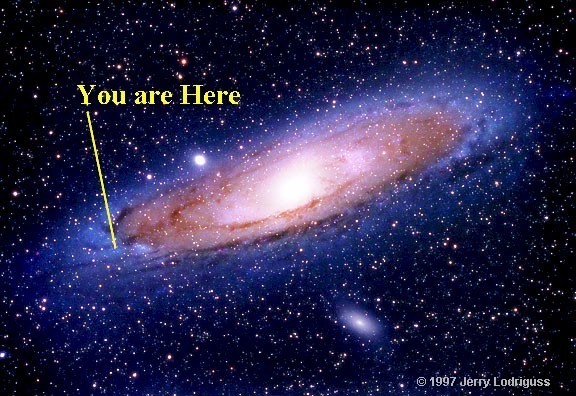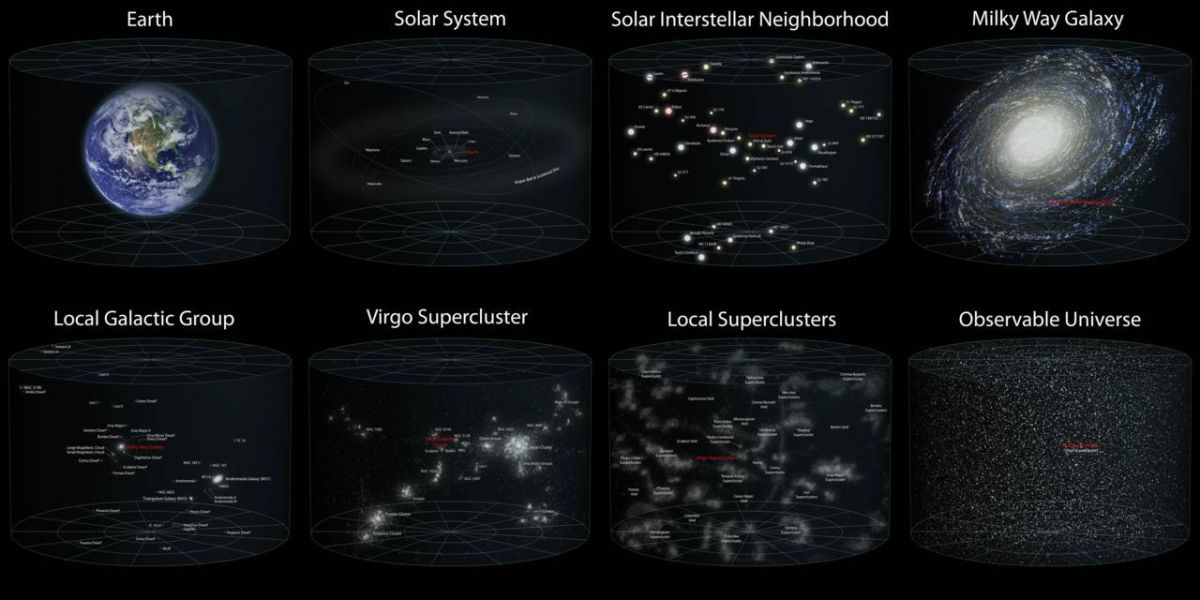Oh, THERE you are! I was wondering where you'd scampered off to avoid the tough stuff:
I also note that creationist essays on the subject (Haldane's 'dilemma') rarely if ever mentioned these papers:
Proc. Nat. Acad. Sci. USA Vol.71,No.9,pp.3716-3720,
September 1974
An Analysis of the Cost-of-Selection Concept
https://www.pnas.org/content/pnas/71/9/3716.full.pdf
Proc.Nat.Acad.Sci.USA
Vol.71,No.10,pp.3863-3865,October 1974
Solutions to the Cost-of-Selection Dilemma
https://www.pnas.org/content/pnas/71/10/3863.full.pdf
and:
You and your sources appear to put mathematical models above actual evidence when it suits them (funny how the same folks are typically dismissive of climate change mathematical models).
What I NEVER see in such essays are an accounting of WHY they claim x-number of mutations is too few - i.e., I NEVER see any explanation as to how they know it is too few. I NEVER see an accounting of how many mutations they
know it would take to get B-trait from A-trait in an ancestor.
This is the fail of ALL of these proclamations, from ReMine to Sanford to creation dot com. They merely seek to argue via big numbers with no actual rationale.
You need to explain how you determined that 500,000 mutations IS too few. All I see are assertions.
The case has already been made.
If creationists want to counter it using models and assertions, they will only impress and convince those that do not understand the biology.
Here is why I am very confident that such a large number of beneficial mutations is NOT needed to produce the relatively minor phenotypic changes we see between extant chimps and humans as derived from a common ancestor:
1. These arguments seem to imply that any particular trait is
brand new and thus must be accounted for by some large number of mutations. This exposes the multi-level ignorance of those making them.
Look at the generic mammal body type - what specific trait does a human have that, say, a lemur or a dog does not? All human traits are essentially variations on a theme, not brand new. Developmental tweaks are all that is actually needed, not some suite of new beneficial mutations to get, say, the human shoulder joint from an ancestral primate shoulder joint.
There is the case of familial achondroplasia (dwarfism) - a single point mutation causes alterations in limb proportion (to include all muscle/nerve/soft tissue/etc. changes), joints, facial features, etc. All from a single point mutation. I am not saying that this is beneficial or adaptive, I am merely explaining that some huge number of mutations is NOT needed to produce relatively large-scale phenotypic changes. THIS is what your Haldane's dilemma-spewing creationist sources can't or won't understand or mention - usually because THEY don't know this, or because they don't want their target audience to know about it.
2. These arguments imply that some huge number of beneficial mutations MUST HAVE BEEN required for this transition to take place. Given that we know that single point mutations can affect multiple body systems and overall morphology, other than a desire for it to be so, what do these Haldane's dilemma types present that actually supports their position?
I've read ReMine's book - he offers nothing in that regard. I've read more recent treatments of it - more of the same.
I mentioned that a creationist once claimed that just to get the changes in the pelvis for bipedal locomotion a million mutations would have been required. Do you think he provided a million 'changes' that had to have been made? Nope. He could not provide A SINGLE example, but as is is the way of the creationist, he merely insisted that he was correct.
My argument against such claims are 1. that there is no argument (see the Ewen's quote); 2. that the arguments are based on ignorance of developmental biology; 3. that they are premised on the argument from awe (big numbers).
As an aside - I came across a discussion of Haldane on this very forum from 2014 where ReMine himself showed up to pat himself on the back - see, he posted under a false name and ONLY ever posted in that thread. He has a history of doing that.


